This transcript has been edited for clarity.
Hello. I'm David Kerr, professor of cancer medicine at University of Oxford. I've been a cancer doctor for 40 years. This is my 40th anniversary, remarkably. I went to medical school in Glasgow. I was one of an intake of around 200 students in an ancient university and a medical school that was well established and well received.
I was really interested to read an article by a pal of mine, Richard Horton, who's editor of The Lancet. Richard is a thoughtful individual who cares deeply for the profession. He fulminates occasionally, but here he was talking about what should be done to medical students. His opening line is, "We are not cherished."
Think about the underpinning sadness of that. The vast majority of modern medical students don't feel valued, looked after, or cared for. A recent study that's been done by colleagues in London suggests that many of them do have problems with mental health issues, burn out rapidly, and so on.
We're just not doing it right. The impersonal way that we are treating medical students now doesn't seem to be working. We're producing a generation of young doctors who, when they enter the profession fully and properly, don't feel welcome. They don't feel part of a team. They don't feel integrated. They compare themselves to their schoolmates who went on to do law, banking, or some other profession in which they are welcomed and made to feel part of the team.
Thinking back 40 years ago — longer, I guess, as I graduated in 1980 — classes were smaller, we had individual tutorials we could discuss and dissent, faculty members welcomed our curiosity, and they were prepared to engage with us one-on-one. We did not feel that we were impersonal cogs in a giant machine.
If you look at some of the intakes of the medical schools now, twice that of which when I was a kid, the farming out of them to new hospitals, which are new to teaching and so on, it feels like machinery that perhaps is failing the young doctors who are the future. Perhaps it requires oldsters like Richard and me to help point that out.
Often, we say, when we look back on the old days, "My goodness, we had to work hard." We did one or two rotations. We had to do this and we had to do that. Whatever else that went on within our sense of medical training, we felt part of a firm and part of a family. We were valued in a way that perhaps we're failing to do with the rather anonymizing way that we teach medicine to these young people.
Are deans of medical schools aware of this? One would hope so. Are we going to galvanize and change our process of medical education? That's a longer, slower, harder deal, but it's something that we increasingly need to pay attention to.
Have a look at Richard's article. As always, it is well written and challenging. Wherever you are in your career as a medic or as a nurse, think about how we were once trained. Think about how we're treating the doctors of the future, and see how you think that they might compare with where the deficiencies are. Above all, how can we mend them?
Have a think about it. Have a look at Richard's article. Any comments you care to post would be most welcome. As always, thanks for listening. Goodbye for now.

.webp) 2 weeks ago
7
2 weeks ago
7

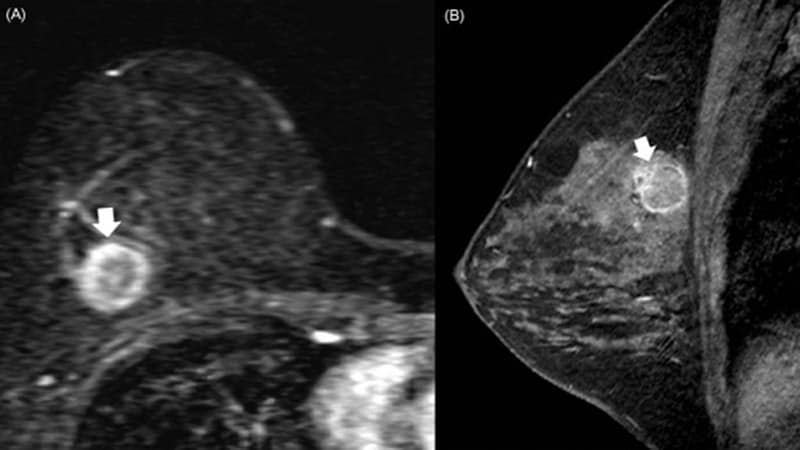


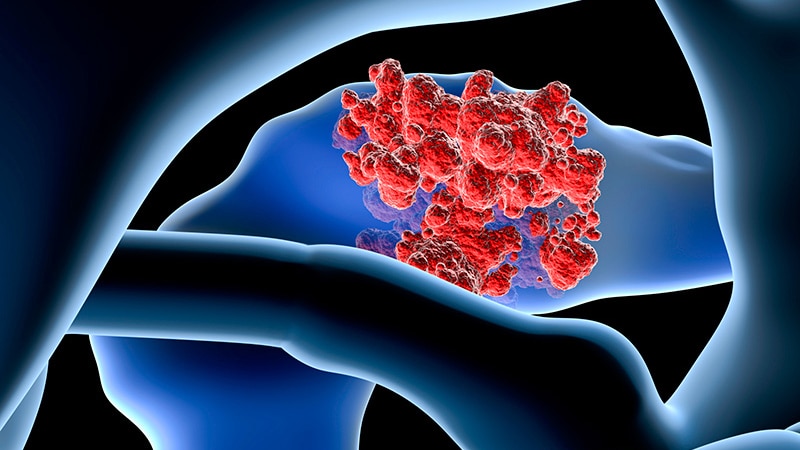


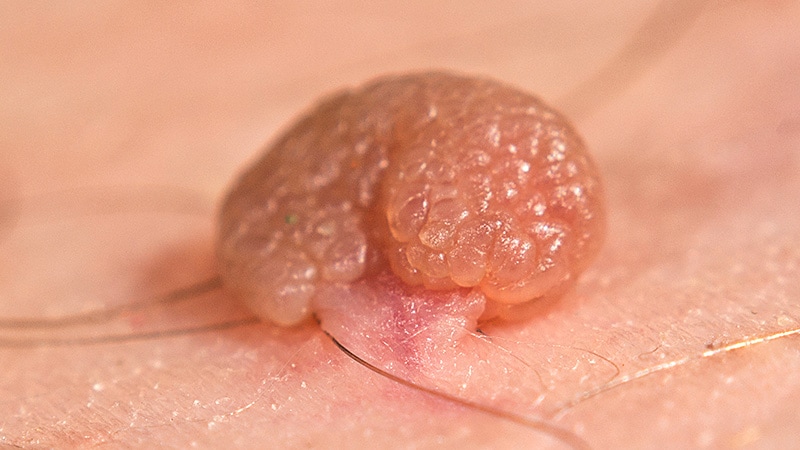


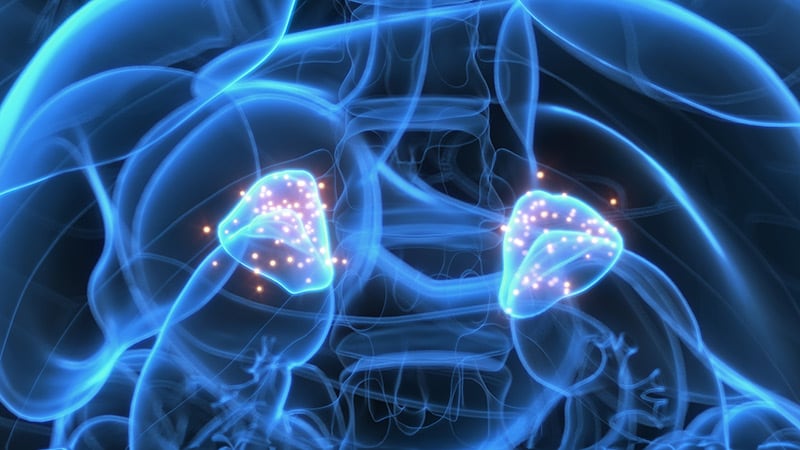

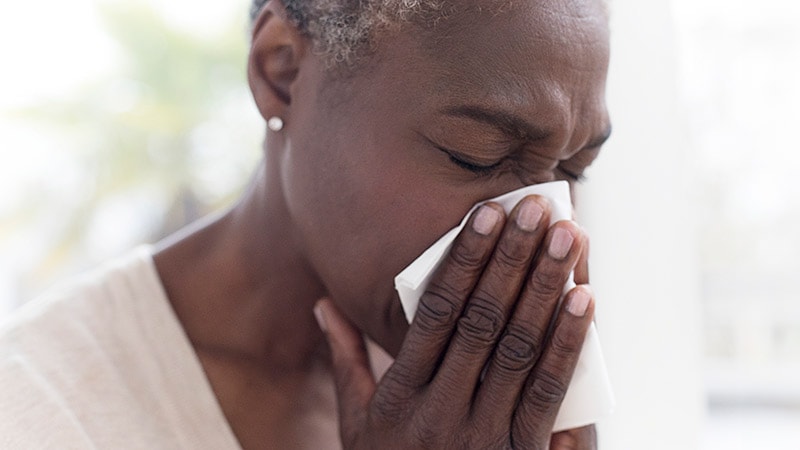





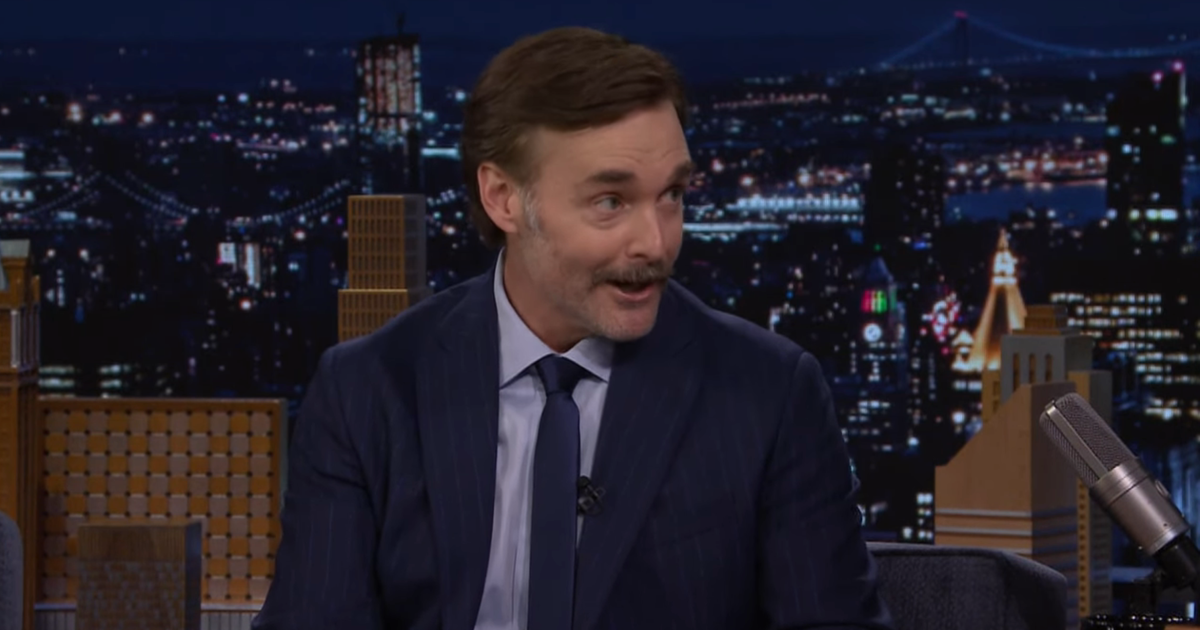




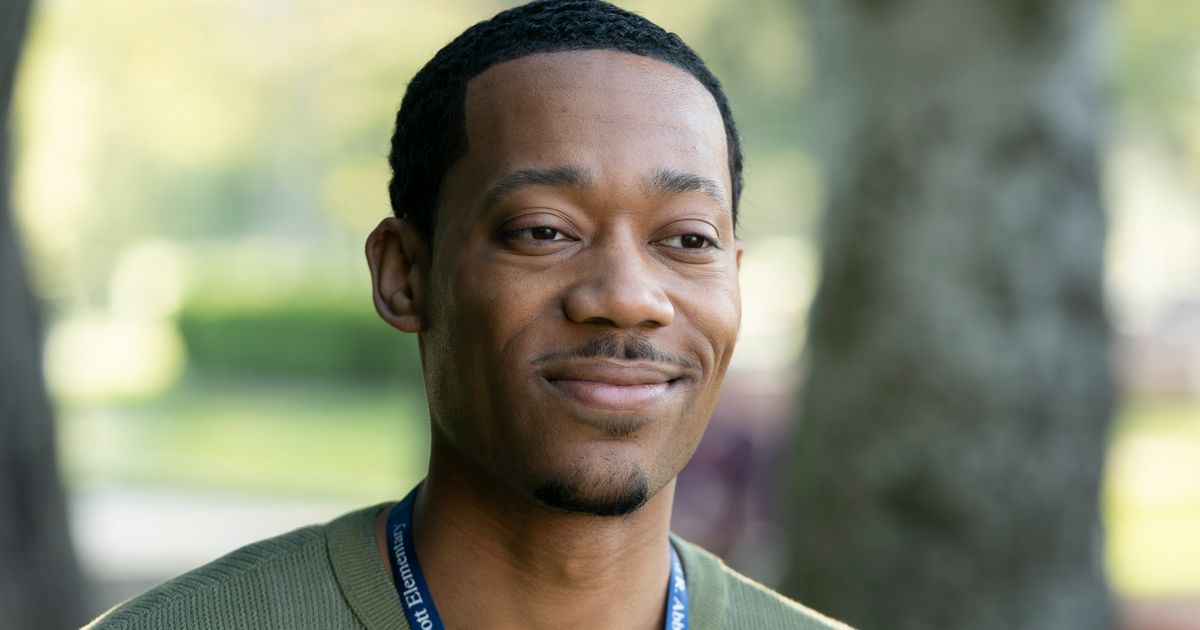


 English (US)
English (US)